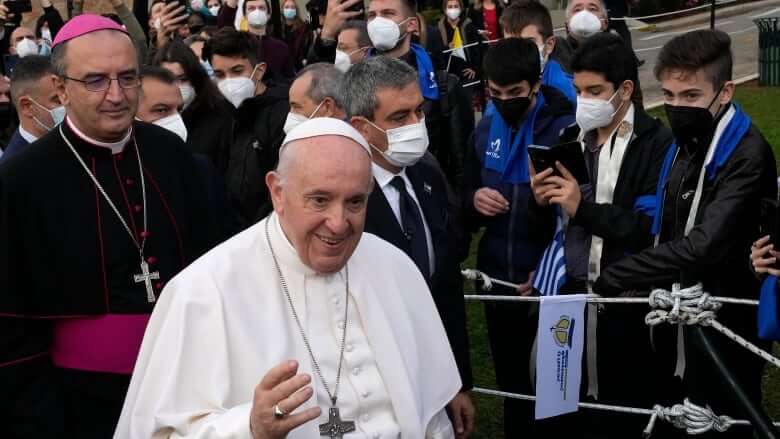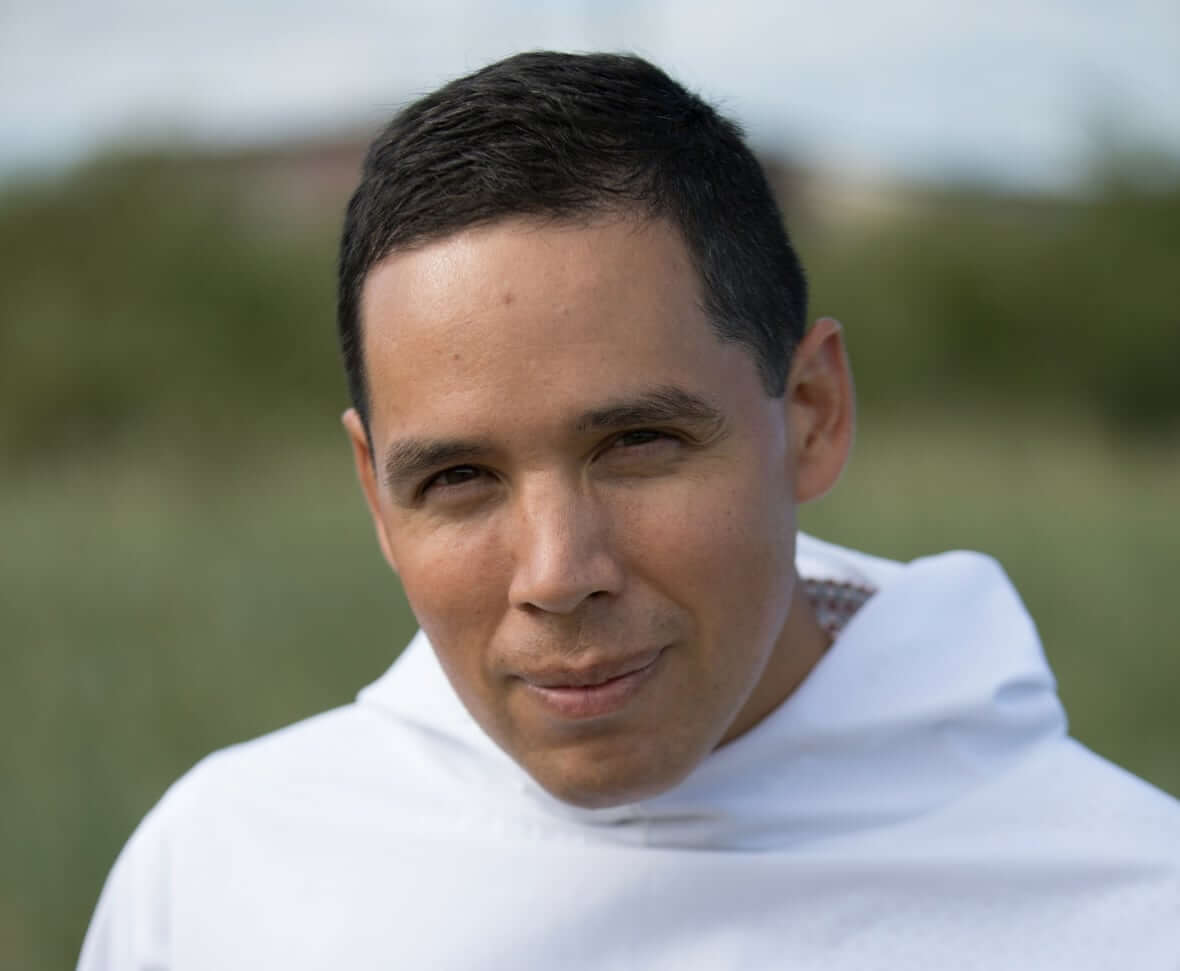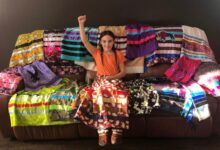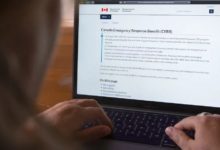Indigenous delegates postponing Vatican trip over pandemic worries

An Indigenous delegation is postponing a trip to the Vatican planned for next week due to concerns about the omicron variant.
The delegates were supposed to hold private meetings with Pope Francis from December 17 to 20 to lay the groundwork for his upcoming trip to Canada, which has not been scheduled yet.
The president and vice-president of the Canadian Conference of Catholic Bishops, which is organizing the trip, are in Rome working to reschedule the meetings for early 2022.
“The decision to postpone was a heartbreaking one, made after careful consultation with delegates, family members, community leaders, public health officials and the leadership of each of the three National Indigenous Organizations,” says a joint statement released by the Canadian Conference of Catholic Bishops and national Indigenous organizations.
“We understand that the Holy See is very much committed to rescheduling this visit in the new year and we look forward to the opportunity.”
Assembly of First Nations National Chief RoseAnne Archibald announced the postponement in a speech this morning to First Nation chiefs attending a winter assembly meeting.
“The health and wellbeing of our delegates, their families and communities is paramount to us, and we will not put anyone in harm’s way if we can help it,” Archibald said.
Papal apology demanded and expected
The delegates set to travel to Rome raised concerns about possible pandemic health risks for vulnerable participants, especially elders.
They also worried about travel complications that could arise, with the meetings set to happen just days before the holidays.
No dates have been set for new meetings.

Cassidy Caron, president of of the Métis National Council, said she wants delegates to reschedule soon so that elders and survivors don’t have to keep reliving their residential school experiences in preparation for the meetings.
“It’s a concern for me to drag this out a bit,” said Caron, who is leading the Métis delegation.
“I do hope that it will happen sooner rather than later because our survivors deserve it.”
Roman Catholic Archbishop of Regina Donald Bolen told CBC News he’s comfortable with the idea of travelling at this time, but understands the health concerns of the Indigenous delegates.
“Relations are being strengthened, the voices of survivors are being heard, the waves of suffering experienced at residential schools are being acknowledged in a greater way than they ever have before,” Bolen said.
“I profoundly hope that that work of truth and reconciliation continues, and of course it can continue.”

The delegates planned to call on the Pope to apologize personally for the Roman Catholic Church’s role in running residential schools.
“I can’t help but think that there’s only one path and it’s toward the Pope apologizing,” said Natan Obed, president of Inuit Tapiriit Kanatami.
“It’s important for the Pope to apologize in Canada. I think it would allow for a larger number of residential school survivors to participate and hear the apology first-hand.”
Three separate delegations representing First Nations, Inuit and Métis were supposed to get one hour each to speak with the Pope, to be followed by a final meeting with all delegates to hear his response.
This isn’t the first time the audience with the Pope has been delayed. The meetings were pushed back when the pandemic was first declared.
Obed, who is leading the Inuit delegation, said he expects all the delegates selected for the postponed trip will have a chance to go to the Vatican once new dates are selected.
“It is our hope that this delegation remains steady,” he said. “It is just the date that has changed.”








Redes Sociais - Comentários